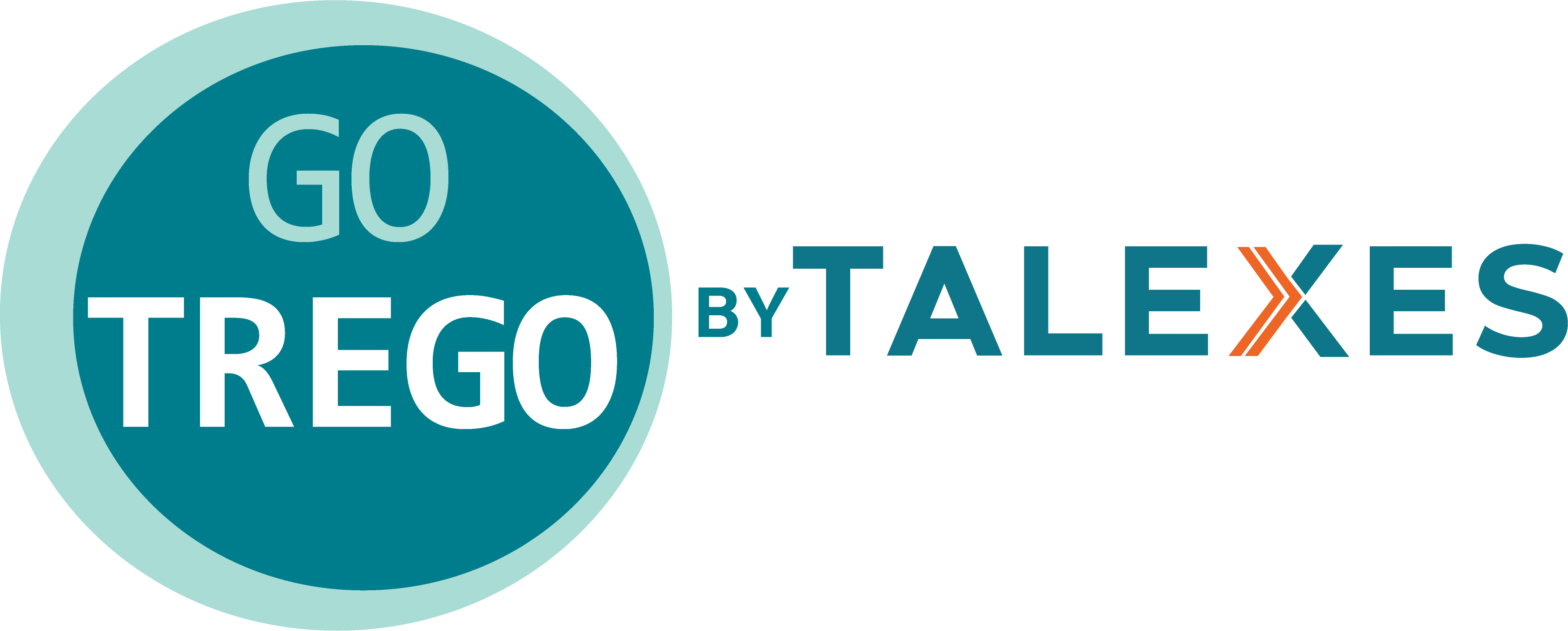In the realm of human resources, successful managers recognize the transformative impact of hiring assessments on employee satisfaction and job fit. These assessments, utilized by employers worldwide, serve as indispensable tools for gauging candidates’ skills, competencies, and personality traits. Yet, their utility extends far beyond mere evaluation; they are instrumental in enhancing job satisfaction through precise role alignment and cultural compatibility.When an individual’s innate inclinations seamlessly align with the demands of a given job, a profound sense of fulfillment ensues. Think of that exemplary employee—early to rise, late to depart—exuding palpable enthusiasm for their work. Hiring assessments emerge as powerful instruments in increasing the likelihood of placing individuals in roles where they not only find satisfaction but thrive. By leveraging the rich insights provided by valid assessments, managers can strategically match individuals with roles that naturally engage them, fostering a conducive environment for job satisfaction to flourish.
However, it’s crucial to recognize that job satisfaction transcends mere trait-job alignment. Extensive employee studies underscore the pivotal role of organizational culture in fostering a sense of belonging and support—a vital ingredient in the satisfaction equation.
Measuring and Nurturing Employee Satisfaction
Hiring assessment tools serve as indispensable guides in aligning individuals with the right roles, laying a solid foundation for any hiring endeavor. Post-employment, managers can further enhance satisfaction levels by deploying additional assessments or surveys to gauge employee contentment.
Structured interviews and online surveys serve as effective mechanisms for gathering employee satisfaction data. These invaluable insights shed light on the correlation between personality traits and job contentment. By referencing hiring assessment results, managers can corroborate the alignment of an individual’s role and performance with job requisites, fostering a harmonious work environment.
Unlocking Additional Value from Hiring Assessments
While hiring assessments primarily gauge suitability for employee placement, they also serve as blueprints for employee development and satisfaction. Armed with insights gleaned from these assessments, managers gain a nuanced understanding of employees’ strengths and aptitudes, enabling them to chart customized career pathways.
By leveraging hiring assessment data to discern optimal job fits and measure job satisfaction, managers can craft bespoke roadmaps that culminate in higher performance and enhanced satisfaction. Given the relative stability of personality traits over time, hiring assessments emerge as versatile resources that can be repeatedly harnessed to drive organizational success.
In essence, successful organizations grasp the significance of aligning individuals with roles that resonate with their innate tendencies. By maximizing the wealth of data at their disposal—integrating assessment results with insights from various stages of the hiring process—companies can cultivate a culture of fulfillment, where employees thrive and performance soars.





